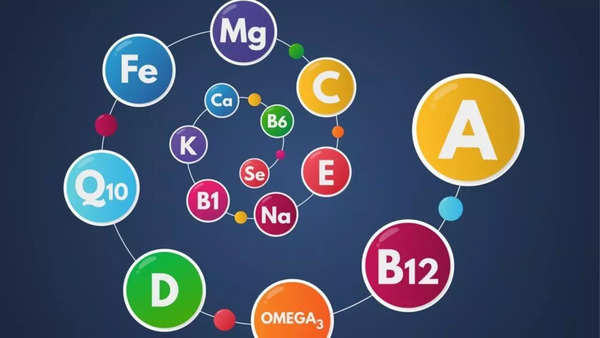Among the factors that play a huge role in slowing down the ageing process, diet plays an important role. Adding the right foods to your diet with the right mix of proteins, carbohydrates, vitamins, minerals and fibre has an anti-ageing effect.However, when it comes to choosing foods for healthy ageing, one must also stay updated on latest research.
Role of folate in overall health
In a recent study published in Life Science Alliance, scientists from Texas A&M AgriLife Research discovered that eating less folate is linked to healthy metabolism in aging animal models. Folate or folic acid found in dark green leafy vegetables, orange, lemon, melons, nuts and seeds, and pea among other foods, is crucial for red blood cell formation and healthy cell growth and function. It is particularly important for children, young adults, and pregnant women as it plays an important role in growth processes.
Cutting folate could boost longevity in older adults
In this study, researchers sought to study the impact of cutting folate intake in lesser-studied age groups. Researchers cut folate from diet of animal models at an age corresponding to human middle age. Another group continued with a diet inclusive of folate.
It was found that the female folate-limited models were able to transition more quickly between carbohydrate metabolism and fat metabolism across night and day compared to females on folate-rich diet.
“Optimal folate intake may vary depending on an individual’s age. While higher folate is crucial during early life for growth and development, a lower intake later in life may benefit metabolic health and longevity,” said Michael Polymenis, Ph.D., professor and associate head of graduate programs in the Texas A&M College of Agriculture and Life Sciences Department of Biochemistry and Biophysics, who led the study.
Polymenis said that when one sleeps, their metabolism burns fat while when awake and active, carbohydrates are burnt for quicker energy. However when one gets older, it takes “longer to switch between these fat-burning and carbohydrate-burning states, but this metabolic plasticity seems to be better maintained in animal models on a folate-limited diet.”

As per this study, the males on folate-limited diets registered an overall increase in their metabolic rate during active periods, potentially helping them to maintain energy levels and physical activity.
Heidi Blank, Ph.D., first author of the study, said the folate-limited group could maintain their weight and body fat in old age compared to the other group. Also, the folate-limited models showed no signs of anemia or other negative health consequences, as per the study.
How much folate should you eat daily?
Folate or Vitamin B9 is an inseparable part of your diet. It plays a crucial role in red blood cell formation and for healthy cell function. It is important to take around 400 gm of folate. Folate is even more important during pregnancy and the dosage for expecting mothers ranges from 400 to 1,000 mcg per day. This nutrient should be available in the body for reducing risk of birth defects of brain and spine.
6 best evening workouts for weight loss, better sleep

